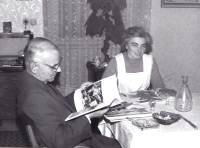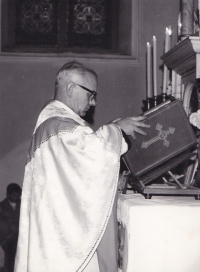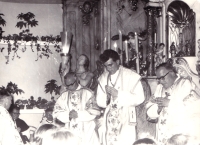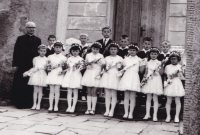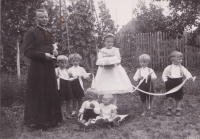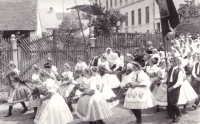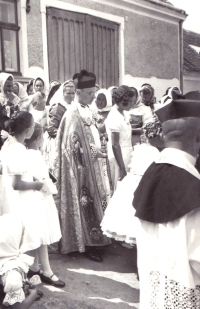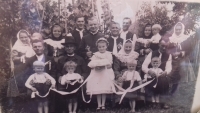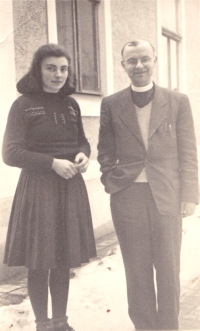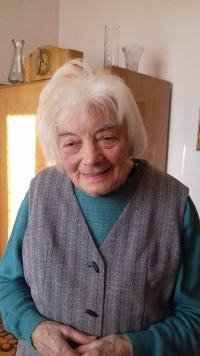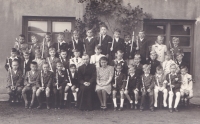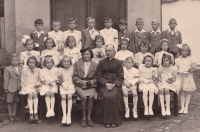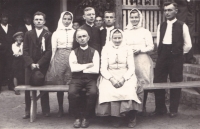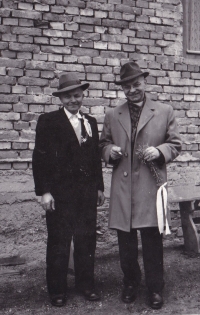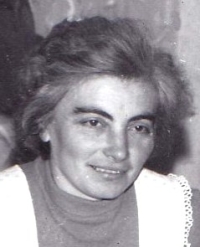There is no judge where there is no snitch

Download image
Marie Damborská was born on 12 December 1927 in Kobylí in the Břeclav region. Her father’s brother, Ondřej Damborský, was ordained a priest in 1937 and Marie gave the welcome address in her native village at his Prima Missa (first mass served by a Catholic priest). Eleven years later, after graduating from the business school in Hodonin, she joined him as parish housekeeper in Breclav. They came to the parish in February 1948, and witnessed many arrests and interrogations in connection with the crossing of the nearby border into Austria. Church authorities perceived Father Damborsky’s work in the border village as “risky”, so in 1952 Marie moved to Doubravník in the Tišnov region. Here they stayed for six years before being transferred to Dražovice in the Vyškov region. They got to a quiet parish and Marie worked there until 1969 when the priest was transferred to Velké Pavlovice in the Breclav region. After the death of her uncle, Marie accepted a position as parish housekeeper in Drásov with P. František Nestroil. She lived through the Velvet Revolution with the parish and the arrival of freedom in a Christian environment. She assisted the parish priest until she was eighty years old. She lives in the circle of extended family in Kobylí.

